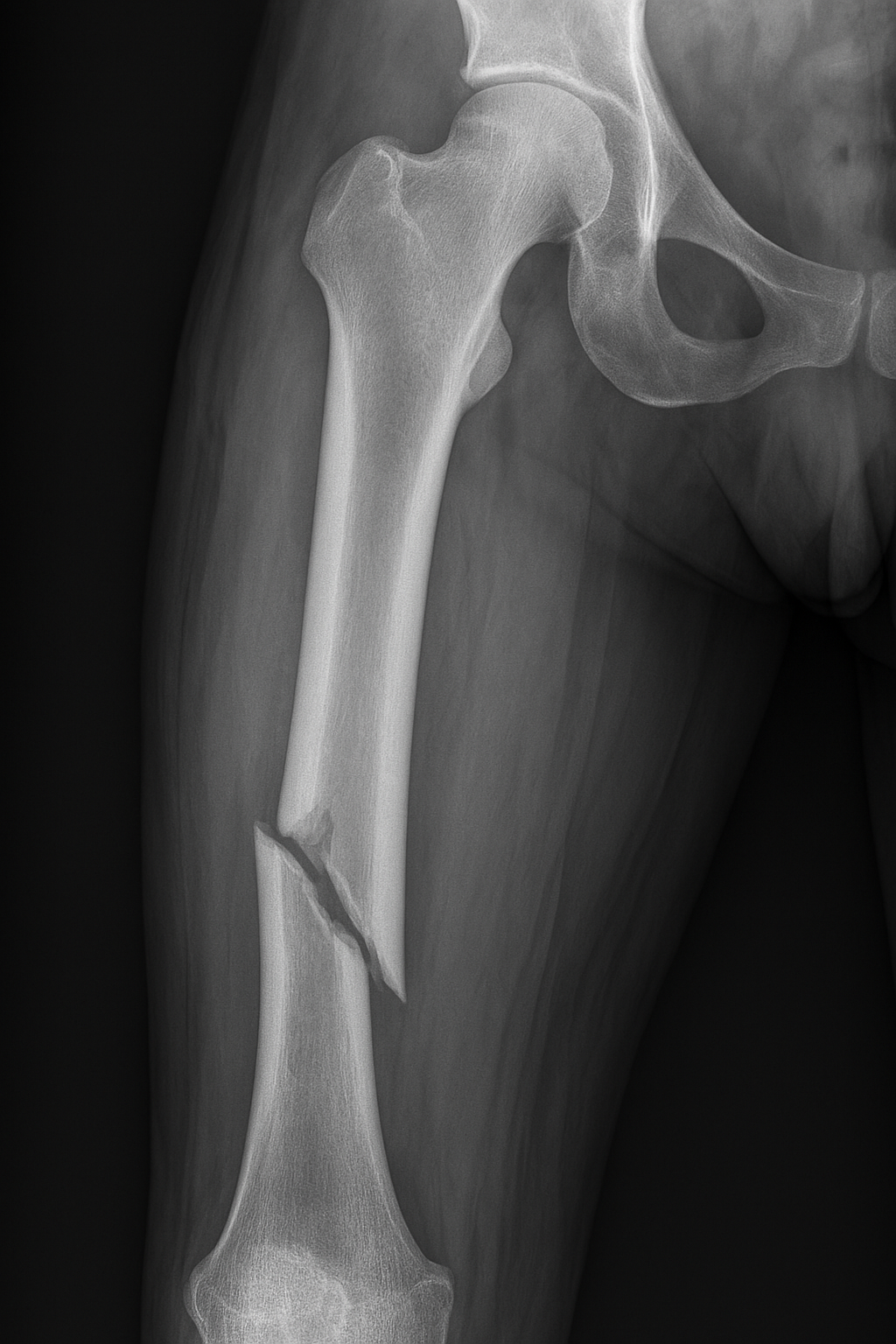Forgotten: Point of View
Armodoxy for Today: The Forgotten part 3, Point of View
Not everything that is “forgotten” is due to our failure to see or to remember. Don’t discount the role of the editor, the broadcaster or the storyteller in what is remembered and what is not.
I often think about how news reaches us. I’ve had occasion to watch the news outside the United States. What strikes me is the way the news is presented. It was like watching a sitcom without a laugh-track, that is, there were no cues to when to laugh and when to cry, and the news was weighty, meaty and of substance.
Here in America, news is presented with a peppering of humor and entertainment, as a sidenote to the tragedies that take place. As bad as things may be – a natural disaster such as an earthquake or a hurricane which claimed thousands of lives – it is never so great that they can’t give you the latest football or basketball scores. Wars can escalate to genocide and scenes of cities destroyed by bombs can fill up our visuals, but fear not, the next news item is about a rapper or singer who has won a Grammy award, or better yet, will be entertaining at the Superbowl halftime event!
The consumer of that news eventually loses perspective about the weight and gravity of the different news items. Two hundred people killed in a hurricane is a tragedy with grave consequences. The love life of a celebrity may be of interest to a very large audience, but is it as weighty as the other story? Yet, the juxtaposing of these two stories back-to-back dilutes the magnitude of the consequential story. Think of your social media feed. The story about the escalation of nuclear weapons by countries is on the same feed as the picture of your neighbor sharing a funny experience with their dog. The two stories do not have the same weight or impact on life, but their positioning together desensitizes us to truly large events and stories that carry impact.
News editors are charged with arranging items such that they will be alluring and attractive to the viewer. It is the news editor and the production staff that decides which stories are worthy of broadcast and which are forgotten. Hence, the decision is made to prioritize news items for us, the consumers. Language, the perspective and the way a story is revealed, is adjusted to accommodate their goals.
Think of how we have been desensitized to the atrocities that took place in Gaza. In October 2023, Hamas-led militants killed about 1,200 people and took 251 others hostage in Isreal. Israel retaliated by proclaiming war on the Palestinians and at the end of two years close to 70,000 Palestinians were killed. During the war Gaza was obliterated. We kept hearing the numbers. It is easy, and in fact it is natural, to compare the numbers and the scale of the war on both sides. That’s where they want you to look, instead of looking at the human side of this tragedy. Which child – the Israeli or the Gazan – is not mourned by their family? Which person – the Israeli or the Gazan – did not bleed when struck down?
We have forgotten humanity.
In Gospel of Matthew, chapter 9, a paralyzed man is brought to Jesus. Jesus turns to him and says, “Your sins are forgiven.” He did not see the physical trappings of this man. Jesus did what he knew was necessary, to heal the man of his spiritual baggage. The people were incensed at Jesus. Who can forgive sin but God? they asked. Jesus answered, “…which is easier, to say, ‘Your sins are forgiven you,’ or to say, ‘Arise and walk’? But that you may know that the Son of Man has power on earth to forgive sins”—then He said to the paralytic, “Arise, take up your bed, and go to your house.” And he arose and departed to his house.
The people who brought this man to Jesus had forgotten that he had a soul, he had a spirit. But he was not forgotten by Jesus. The man was not to be identified only by the confines of his physical body. There was another way of understanding the picture. It was by God’s rules and not by any other. We will continue tomorrow.
For today, we pray, “Lord, have mercy. Amen”

 evidence of civilization, she claimed.
evidence of civilization, she claimed.
